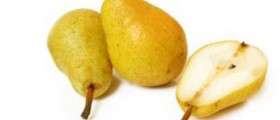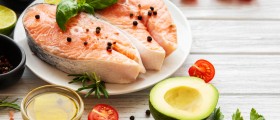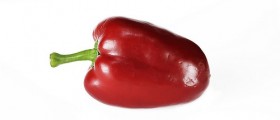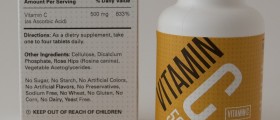
Vitamin E is a fat-soluble vitamin known for its great antioxidant properties. Water-soluble vitamins need to be replaced in the body on the regular basis, since they are quickly eliminated through urination. Fat-soluble vitamins are stored in the liver and fatty tissues, and they are eliminated much slowly than water-soluble ones. Fat-soluble vitamins can be stored for long periods and deficiency of these nutrients is very rare. Our body needs just small amounts of vitamins to function properly, but taking supplements that contain fat-soluble vitamins can easily lead to toxicity. Diseases caused by fat-soluble vitamins are rare, but symptoms of mild deficiency are possible from time to time. Well balanced diet normally provides all of the needed nutrients in optimum quantities, and this article points out to some of the best sources of Vitamin E in foods.
Importance of vitamin E
Vitamin E is an important antioxidant that protects vitamins A and C, as well as fatty acids. It contains powerful antioxidant properties, fights against free radicals, prevents cell degeneration and many types of serious diseases, such as cancers and cardiovascular problems. Deficiency in vitamin E is very rare, and possible only with starvation. Deficiency in humans often causes anemia and low birth-weight infants. Overconsumption is usually nontoxic, but if severe, it causes nausea and problems with the digestive tract.Vitamin E sources
A lot of commonly consumed foods provide sufficient amounts of vitamin E. Recommended daily intake for adult individuals is 15 milligrams. Recommended daily intake for lactating females is a bit higher and valued at 19 milligrams. A tolerable upper intake level for vitamin E is 1,000mg. However, this daily limit applies only to vitamin supplements.
One of the best natural sources of vitamin E is raw sunflower seeds. A serving size of ¼ cup provides 90.5% of recommended daily value (RDV) for vitamin E. Dry roasted almonds are another great source, providing 44.9% of RDV for the same quantity. A cup of olives provides about 20% of RDV, boiled a cup of spinach 18%, one whole papaya 17%, a cup of boiled Swiss chard 16.6%, and a cup of boiled mustard greens about 14%.
Vitamin E is also found in sunflower oil, wheat germ oil, various nuts and nut oils, in a great diversity of tomato products, in pumpkins, mangoes, rockfish, asparagus, and avocados. Sweet potato is another good source for vitamin E, providing 0.26 mg of this essential nutrient per serving of 100 g.

















Your thoughts on this
Loading...